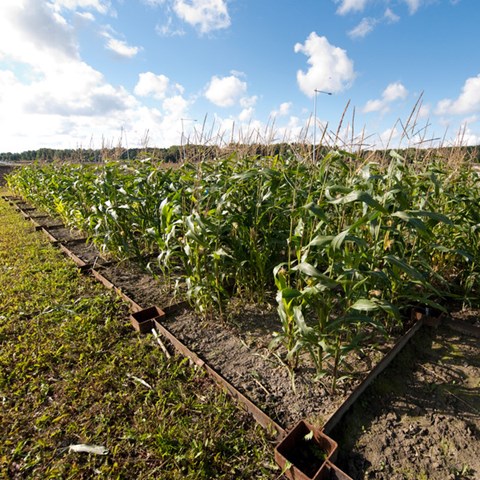Contact
Environmental coordinators NJ
Maja Reizenstein, Dep of Aquatic Resources
Mats Linde, MVM
Magnus Åberg, Biocenter
Helena Bötker, Ecology center

Here you can read more about the local environmental management work being conducted by the NJ faculty.
More details about SLU’s comprehensive environmental work are available under Administrative support – environment. Here you can access SLU’s Environmental Handbook that contains information about the procedures and other documents that apply to all activities and organisations at the university. You can also read SLU’s overall environmental objectives and follow-ups and a wealth of other interesting information.
At SLU Ultuna, we want to minimise the negative environmental impact of business travel and make it easier to cycle to and from work. Read more about SLU Campus Ultuna – the bike-friendly workplace.
Maja Reizenstein Dep of Aquatic Resources
Mats Linde MVM
Magnus Åberg Biocenter
Helena Bötker Ecology center
Johan Samuelsson Swedish Species Information Centre
Hanna Astner Dept of Economics
Lisa Matteses Åhrgren Dept of Urban and Rural Development
Albina Bakeeva Biological Exercise Laboratory (BÖL)
Anders Jäderberg Dept of Ecology
Anne Johansson Dept of Aquatic Resources (Lysekil)
Annsofie Wahlström SLU Future Food
Carolyn Faithfull Dept of Aquatic Resources
Cecilia Lalander Dept of Energy and Technology
Cecilia Wärdig Dept of Plant Biology
Christopher Malefors Dept of Energy and Technology
Gunilla Mårsäter MEKÖL
Henrik Hansson Dept of Molecular Sciences
Johanna Blomqvist Dept of Molecular Sciences
Kanita Orozovic, Dept of Plant Biology
Karin Thompson-Svanfeldt Dept of Aquatic Resources (Väröbacka)
Lisa Beste Dept of Crop Production Ecology
Nils-Erik Nordh Dept of Crop Production Ecology
Pia Geranmayeh Dept of Aquatic Sciences and Assessment
Rena Gadjieva Dept of Forest Mycology and Plant Pathology
Ulrika Tollerz Bratteby Dept of Aquatic Resources (Öregrund)
If you have any suggestions about how to reduce SLU’s environmental impact – or if you wish to draw attention to something that does not conform to SLU’s procedures – you can submit a report via SLU’s reporting system, IA.
Non-conformities and improvement proposals are important in order to identify what does not work or what can be improved within the operation to fulfil the continual improvement requirement in ISO 14001. Non-conformities are requirements that have not been fulfilled. This applies to requirements at all levels within the operation, i.e. instructions, objectives and policy. For example, a non-conformity can be that an instruction is not followed or that employees do not work according to an adopted policy.
NB: When reporting an environment-related issue, select Environment in under the What? drop-down menu. A second drop-down menu will appear below: Underhändelsetyp [Event] where you can select either Avvikelse [Non-conformity] or Förbättringsförslag [Improvement proposal].
Maja Reizenstein, Dep of Aquatic Resources
Mats Linde, MVM
Magnus Åberg, Biocenter
Helena Bötker, Ecology center